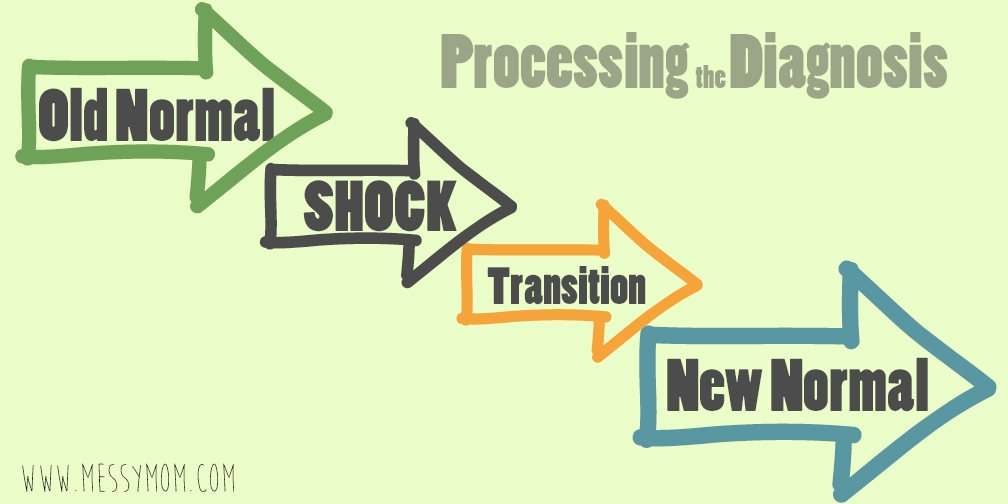I have always said that I would never EVER homeschool. Many of my closest friends do. They do it well and I respect them all the more for it. So, it’s not that I am against it, it’s just that I never felt like I was cut out for it. I have done a lot of homeschooling research lately since we had to pull the 5 year old out of Pre-K. It’s a slippery slope I tell ya. The more I get into it, the more I am intrigued and start to picture myself getting lost in the creativity of new ideas and rewarded by the delight that comes when you see a child’s eyes light up with discovery. Then I snap back to reality. I am not saying that it could never happen, but I would have to hand them over to a tutor or a DVD teacher by 3rd grade. I am so bad at math. No really, I am not talking about trigonometry, I am saying that I am intimidated by fractions.
Regardless of whether or not homeschool is even part of the equation (Equation. Yuck.) I will still always be involved in my children’s education in the most hands on way possible. I think that all parents should be. I have learned so much since embarking on this new academic territory. Some of the most enlightening advice I’ve received came from one of Z’s teachers. She was seeing signs that Z may be gifted and talented because of how quickly he picked up on things and eagerly wants to learn more. Counting to a hundred was never enough so she challenged him with counting in spanish. She told me with GT kids your goal is to broaden and expand the level they are on rather than just have them scurry off to the next one. The key is learning not just vertically, but horizontally. That’s when I reached up and pulled the chain that turned on the light bulb over my head.
I have been able to apply this method when teaching both of my kids together when they are not only different ages, but completely different learning styles (SJ’s pertaining to her special needs). I’ve been doing this all along, but it’s clicking and making more sense now. Let’s say you are working in the garden together. The baby may be experimenting with soil and learning that it does not taste good while the preschool age child is learning that seeds grow into plants and healthy foods. The parents and elementary age child may be working together to understand the science behind germination and life cycles.
Lately I’ve been trying to increase the amount of reading time I have with my kids. Z is learning to read along and SJ is learning to listen. One of the books we read on a daily basis is First Words.
I know it’s a book for babies, which I only have one of, but even though SJ is 3 her hearing age is 3 months. We have to be able to go back to the BASICS for her to be able to listen and speak. When we go through this book SJ is able to practice saying AHHHH for airplane and her imitation of watermelon is totally unintelligible but she gets that it has 4 syllables and makes 4 grunts. At the same time Z is able to read some of the words in the book and enjoys helping me work with his little sister. In the meantime Ezie is like whatever. He likes to watch them though and I just keep on learning more and more from all three of them. It’s like a mutualistic symbiotic relationship. Okay, I had to look that up, but I couldn’t resist adding a little science. There it is.





I think it's great that you're able to include all three of them in the reading! And I think you're doing a great job at giving them what they need to learn well!
You and me both with the fractions, seriously. Don't even get me started on cross multiplying either. Yikes!
I really like and appreciate your article post.Thanks Again. Really Great.